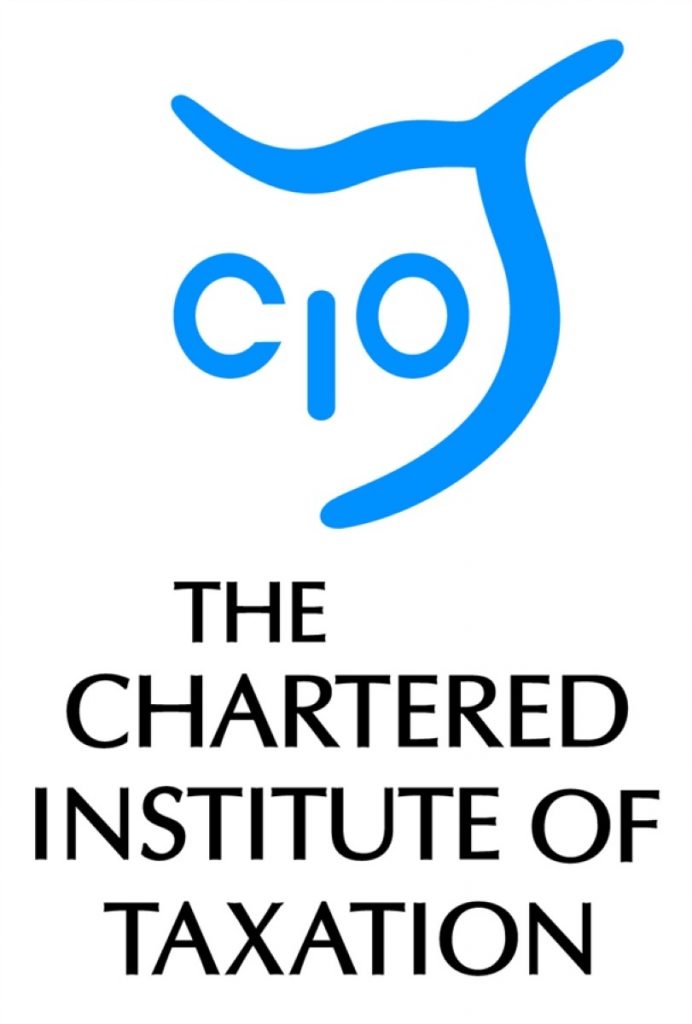CIOT: Backdating of claims – another tax credits scandal?
Many tax credit claimants are missing out because of a failure by HM Revenue and Customs (HMRC) to operate the rules correctly, say low income campaigners.
The Low Incomes Tax Reform Group (LITRG) believe that many thousands of people who claim working tax credits are losing out on money they are legally entitled to because HMRC is excluding them from its automatic backdating regime and failing to inform them they have a right to claim backdated tax credits.
John Andrews, Chairman of LITRG, said:
“One of the most welcome features of the tax credit system is the facility to backdate entitlement by up to three months before the claim has been received by HMRC.
“For most tax credit claimants, HMRC gives this backdating automatically on receipt of the claim. However, claimants who have no children and who have been in work prior to HMRC receiving their claim do not have their claims backdated automatically.
“Instead, HMRC are paying working tax credit only from the date the claim form is received at their office, meaning that these claimants may miss out on up to three months of tax credits (which typically might be worth £500).
“The way the backdating regime is operated by HMRC means that those people can only get their claim backdated if they ask for it once their claim has been processed. Yet HMRC are making no effort to inform them they can do this.
“Neither of HMRC’s tax credit leaflets says anything about how to request backdating or who needs to do it. Nor do the HMRC or Directgov websites. The most natural place to inform a claimant is the claim form, but this is silent on the subject of backdating, as are the accompanying notes, and the checklist people get once they have their first award notice, which is supposed to enable them to make sure their award is correct.
“The law says that HMRC must give backdating whenever appropriate, yet HMRC are not taking action to ensure that claimants are receiving what they are due.
“It is clear to us that HMRC owe many tax credit claimants a lot of money for backdating payments not made. It is not acceptable to continue with this policy of not telling people of their entitlements.”
LITRG believe this is in breach of the new HMRC Charter, which says:
We want to give you as much certainty as we can that you are paying or claiming the right amount.
We will:
. provide information that helps you understand what you have to do and when you have to do it
LITRG are calling on HMRC to:
1. Review all working tax credit claims where no backdating has been given and write to each customer requesting the information necessary to establish whether backdating was due. They should then make appropriate payments which should include interest.
2. Change the Notes to the Claim form from next April (the earliest possible time) and the backdating rules explained prominently and clearly.
3. Include a reference to backdating on the award checklist.
4. Explain the backdating rules in all leaflets in hard copies and on relevant websites.
5. Change the claim form itself to highlight this entitlement from 2011 (the earliest feasible time). (NB. On the claim form for Pension Credit, a benefit which also allows three months backdating, there is a whole part dedicated to backdating. This is accompanied by a section explaining the backdating rules and how to request it.)
Notes
1)It is difficult to estimate the numbers affected with any certainty. According to the latest set of tax credit statistics (http://www.hmrc.gov.uk/stats/personal-tax-credits/cwtc-apr09.pdf), people with no children who were claiming working tax credit only as at 1 April 2009 numbered 455,000. Additionally there will be many people who claimed working tax credit previously but have now come off it. However some of these claimants will have received backdated tax credits, either because they came off certain benefits at the same time and therefore got automatic backdating, or because they successfully claimed backdated tax credits, despite the obstacles in their way. Nevertheless LITRG believe a significant proportion of these claimants have not received the backdated tax credits to which they are entitled.
2)Tax credit legislation states that a claim for tax credits ‘shall be treated as made’ up to three months (93 days) before the day it is received by HMRC providing the person met the relevant criteria for a claim during that period. Claims involving the disability elements can be backdated for even longer, in certain circumstances.
3)The Low Incomes Tax Reform Group (LITRG) is an initiative of the Chartered Institute of Taxation (CIOT) to give a voice to the unrepresented. Since 1998 LITRG has been working to improve the policy and processes of the tax, tax credits and associated welfare systems for the benefit of those on low incomes.
4)The CIOT is a charity and the leading professional body in the United Kingdom concerned solely with taxation. The CIOT’s primary purpose is to promote education and study of the administration and practice of taxation. One of the key aims is to achieve a better, more efficient, tax system for all affected by it – taxpayers, advisers and the authorities.
Contact – George Crozier on 020 7340 0569 or 07740 477374 (email gcrozier@tax.org.uk)
The Chartered Institute of Taxation
Registered charity number 1037771
www.tax.org.uk





-01.png)